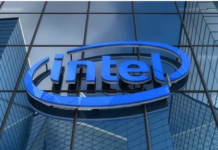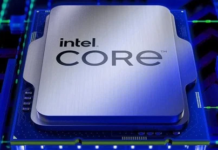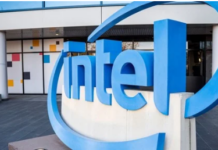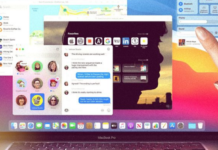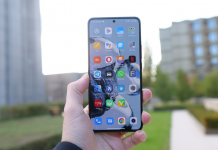For several years now, Apple has been working to obtain independence from as many suppliers as possible, going to make a large number of components in-house on which it can exercise almost total control.
However, it seems that not everything goes according to plan and the well-known insider Ming-Chi Kuo recently intervened on the issue to signal an important change of course in one of Apple’s projects. Let’s talk about the realization at home of the Wi-Fi module that should have been equipped on the next iPhone, replacing those developed by Broadcom. According to Kuo, it seems that the Cupertino house has decided to block the development of its solution dedicated to Wi-Fi.
Kuo’s report is based on supply chain analysis, which shows that Apple has essentially paused the project and that this will involve the use of Broadcom chips for some time to come. The supplier can then breathe a sigh of relief, at least for the time being.
Also according to Kuo, it seems that Apple has decided to reallocate the energies invested in the development of this chip on more important projects, such as the next-generation A and M series chips, which represent a much more important business for the Cupertino house. Beyond that, it seems that switching to a proprietary solution just as the market offers effective solutions for Wi-Fi 6e connectivity – and Wi-Fi 7 – could be very risky for Apple, which is why it’s best to continue relying on Broadcom’s proposals.
Of course, this does not mean that Broadcom can be considered safe indefinitely, since Apple is continuing to carry out a parallel project, always focused on the theme of connectivity. This is the chip that should integrate both the Wi-Fi and Bluetooth module into a single element, an element that, according to Mark Gurman of Bloomberg, is still under development and that is not affected by the possible cancellation of the one dedicated exclusively to Wi-Fi.
In short, Apple may have decided that it is not the case to rush the time to present itself on the market with a solution that can only partially solve the connectivity issue, which is why the choice to suspend one of the projects is not a problem in the long run.



